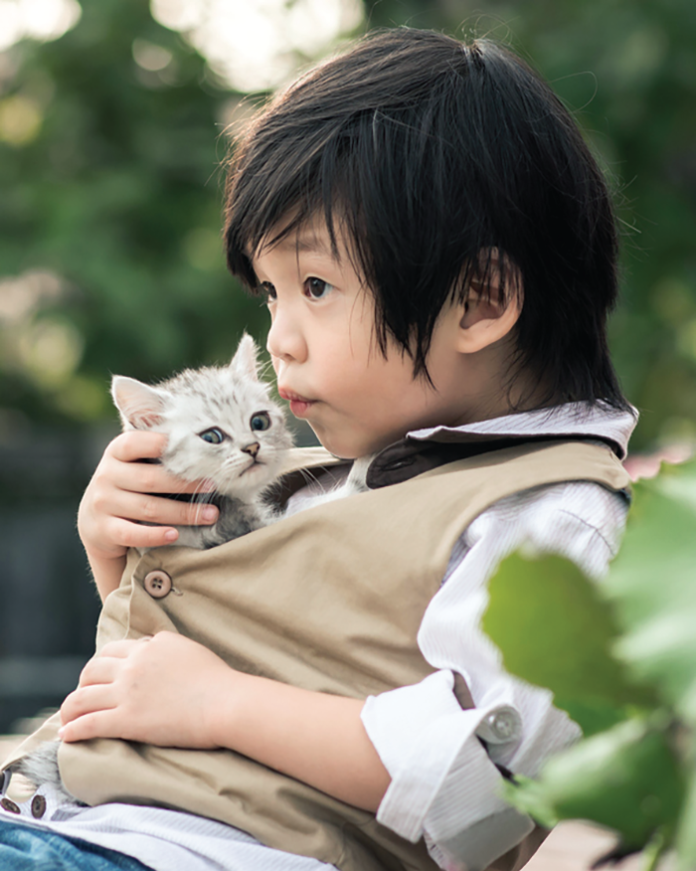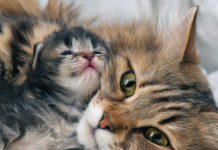The death of a family pet can trigger a sense of grief in children that is profound and prolonged, potentially leading to subsequent mental health issues, according to a recent study by researchers at Massachusetts General Hospital (MGH). The researchers found that the strong emotional attachment of youngsters to pets might result in measurable psychological distress that can serve as an indicator of depression in children and adolescents for three years or more after the loss of a beloved pet.
“One of the first major losses a child will encounter is likely to be the death of a pet, and the impact can be traumatic, especially when that pet feels like a member of the family,” says Katherine Crawford, CGC, lead author of the study. “We found this experience of pet death is often associated with elevated mental health symptoms in children, and that parents and physicians need to recognize and take those symptoms seriously, not simply brush them off.”
Roughly half of households in developed countries own at least one pet, and the bonds that children form with pets can resemble secure human relationships in terms of providing affection, protection, and reassurance. Previous studies showed that children often turn to pets for comfort and to voice their fears and emotional experiences, but this is the first study to examine mental health responses in children. Prior research has focused on the attachment of adults to pets and the consequences of an animal’s death.
The analysis is based on a sample of 6,260 children from the Avon Longitudinal Study of Parents and Children, in Bristol, England. Researchers were able to track the experience of pet ownership and pet loss from a child’s early age up to 8 years old.
Researchers found that the relationship between pet death and increased psychopathology was more pronounced in male than female children and that the strength of the association was independent of when the pet’s death occurred during childhood, how many times a death occured, or how recently it happened.n
Crawford, KM, et al. The mental health effects of pet death during childhood: is it better to have loved and lost than never to have loved at all? European Child & Adolescent Psychiatry, 2020; DOI: 10.1007/s00787-020-01594-5




